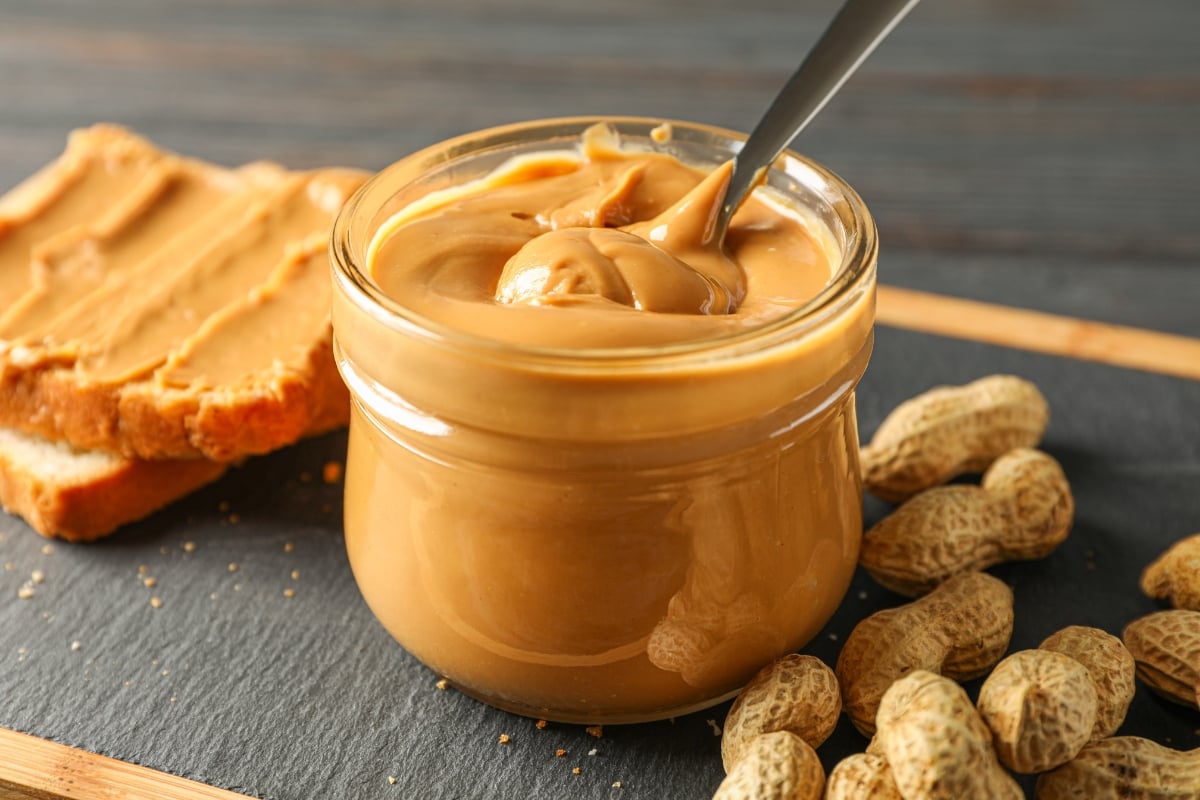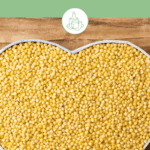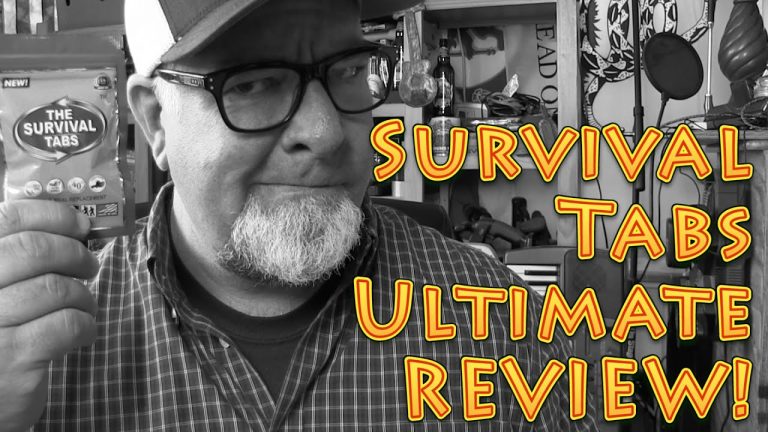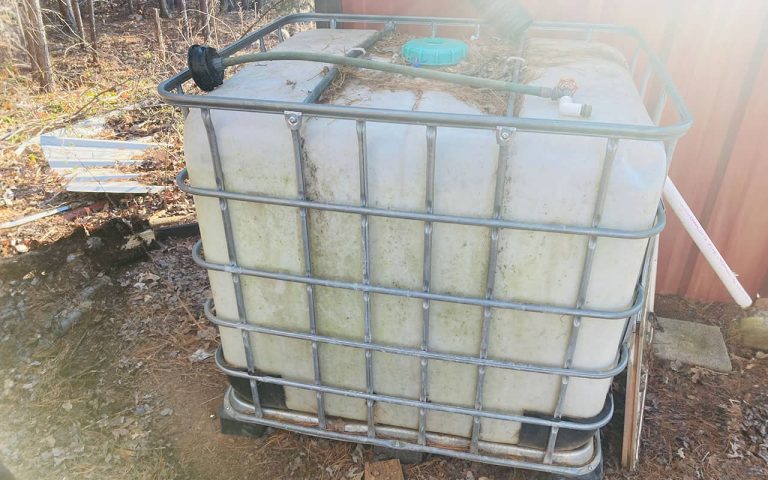Some of the links in this post may contain affiliate links for your convenience. As an Amazon Associate, I may earn a small commission from qualifying purchases without any increase in price to you.
While emergency preparedness is important for everyone, it can be especially daunting for parents. Some parents wonder if peanut butter is a good option for long-term food storage. This question can be a lifesaver when creating a food supply that’s not only nutritious but also kid-approved. Let’s explore why peanut butter deserves a permanent spot on your long-term food storage shelf.

When disaster strikes, the first thing on most people’s minds is survival. But survival isn’t just about having enough food in your food storage; it’s about having the right kind of food. Sure, stocking canned goods and beans is important, but peanut butter offers a little taste of normalcy during a chaotic time. It’s more than just a childhood favorite; peanut butter boasts an impressive resume that makes it a perfect candidate for your long-term food storage plan. Let’s delve into the reasons why this nutty spread should be a staple in your emergency pantry.
Why Peanut Butter Belongs in Your Emergency Food Storage Pantry
- Nutrient: Peanut butter is good for you. It’s loaded with protein, healthy fats, vitamins, and minerals. It provides essential fuel to keep your family going during a crisis. Just keep an eye on the sodium and sugar content.
- Long Shelf Life: Unopened jars of peanut butter boast a long shelf life, thanks to its low moisture content and high oil content. Even opened jars can last a decent amount of time, especially with proper storage .
- No-Prep Necessity: Peanut butter is a great addition to any bug-out bag or emergency kit. It requires no preparation – simply grab a spoon and eat! Or your finger. We won’t judge. No double-dipping if you’re sharing the jar, though!
- Recipe Ingredient: From sweet snacks to savory meals, it goes beyond just sandwiches. Peanut butter is a versatile ingredient for boosting flavor and nutrition in various recipes, and can really elevate your emergency baking. (Flourless peanut butter cookies are UH-mazing and gluten-free, of course!)
- Calories: Calorie intake becomes crucial during emergencies. Peanut butter is a calorie-dense food, providing plenty of much-needed energy. Read more about how to make sure you’re storing enough calories so your food storage pantry won’t starve you in an emergency.
- Filling and Satisfying: Packed with protein and fiber, peanut butter promotes satiety, keeping you feeling fuller for longer. It’s one of those stick-to-your-ribs foods.
- Mental Health: Because of its chemical composition, peanut butter can improve mental health. For more information, go here. That’s certainly reason enough for me to stock up on peanut butter for an emergency.
- Folate-rich: It’s rich in folate, which is a necessary nutrient for pregnant women. In emergencies, this makes peanut butter survival food for both mama and preborn baby. (Just how many more good things can we say about the nutrition in peanut butter?)
- Package Size: It comes in sizes ranging from individual packets to family-sized buckets. There’s even container with both peanut butter and jelly together. Each has its place in your food storage pantry.
Expert Tips for Storing Peanut Butter
- Store Wisely: Unopened jars of peanut butter should be kept in a cool, dry, and dark place. Opened jars can be stored in the cupboard. However, to maximize shelf life, especially for natural peanut butter with its shorter shelf life due to a lack of preservatives and stabilizers store opened peanut butter in the fridge.
- Consider Variety: Stock up on a variety of peanut butter types (creamy, crunchy, etc.) to cater to different preferences. Everyone in the family could have their favorite version.
- Portion Control: While peanut butter is a great source of nutrients, be mindful of portion sizes, especially for those watching calorie intake.
Creative Uses for Peanut Butter
- Boost Breakfast Nutrition: Combine peanut butter with honey or a dollop of yogurt and mix into oatmeal for a protein and flavor boost.
- A Versatile Spread: Peanut butter makes an ideal spread for crackers, bananas, apples, or even celery sticks. Combine it with jam, jam, or even fresh, local honey (super yummy!) for even more options.
- Animal Food: Spread a bit on a pine cone, and you can feed hungry birds during the winter. Also, dogs, at least the ones I know, love it enough to steal bread spread with peanut butter off plates. Consider including a jar in your pet evacuation kit.
- Trap Pests: Use it to bait rodent traps to protect your home and food from pest/rodent infestation.
FAQs
Yes! Use powdered peanut butter if you want to avoid the oils in peanut butter but want the flavor for recipes. If you want full control over your peanut butter, use peanut flour. No sodium or sweeteners are added. You add those if you want and in the quantities you wish. Both have longer shelf life than jarred peanut butter, however, both require additional preparation when needed.
If peanut allergies are a concern in your family, consider alternative nut butters like almond butter or sunflower seed butter, which offer similar benefits.
Related Nutrition & Kid-Approved Foods Content
Next Steps
Would you like more help putting together your emergency food storage? I created a FREE ebook to help you build a balanced pantry to help you do that! In it I share more simple tips and explanations to help you create an emergency food supply that will provide nutritious and simple meals in an emergency. Get that free build a balanced pantry ebook here.
Final Thoughts
So next time you’re at the store, consider grabbing a jar (or two!) of this shelf-stable nutritional powerhouse. From emergency preparedness to everyday snacking, peanut butter is a versatile, delicious, and disaster-ready addition to your pantry.
This article was originally published on January 13, 2015.




















